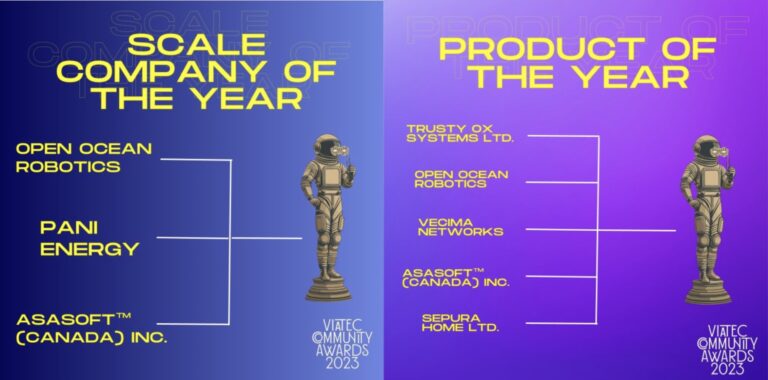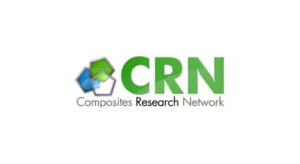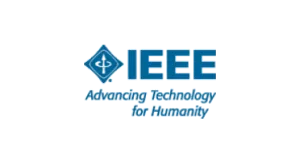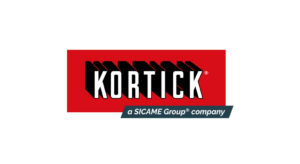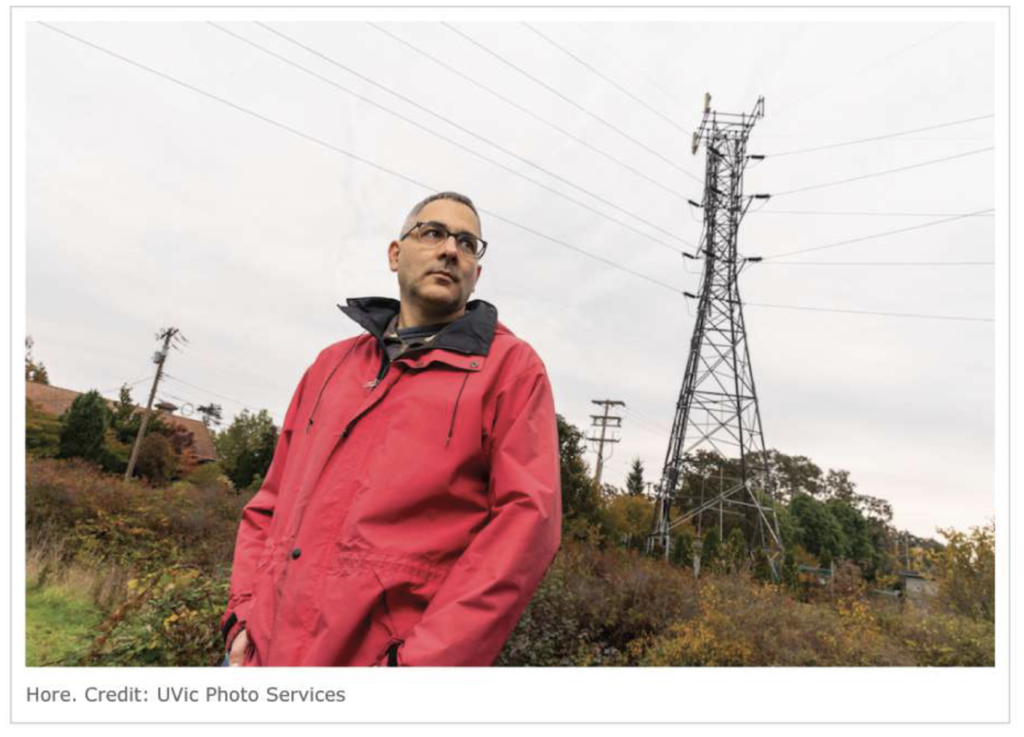
Similar Posts
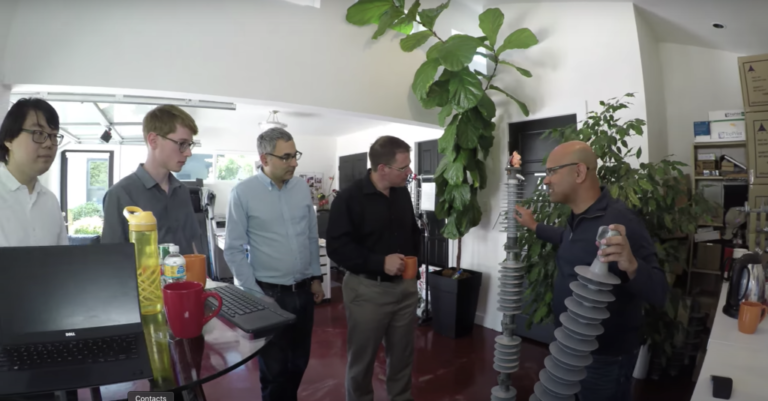
VIATEC Awards 2018: Innovative Excellence (Hardware)
Interviewee: Rajkumar Padmawar, President & CEO When – and how – was your company born?ASAsoft Consultants Co, a proprietary company, developed the innovative and disruptive Medium to High Voltage Lightweight Insulator technology and introduced it to South Asia, resulting in the creation of ASAsoft™ (Canada) Inc. ASAsoft™ was incorporated in 2013 as a privately held company…

Finalist for Innovation Excellence for Hardware
Victoria Tech Community Awards Listing Event Date: December 8, 2022 Victoria, BC Globally, transmission energy losses are approximately 8% of the total power transmitted – equating to over 13,000 TWh. Reducing these losses by even 0.1% with superior insulator technology could result in emission reductions of 4+ million tonnes of CO2e – equivalent to the CO2e emissions from 450 million gallons of gasoline. Our…

ASAsoft™ Story 1.0 to 2.0 Ligh+weight Insulator aka Polymer/Composite Insulator.
ASAsoft™ Story 1.0 to 2.0 Ligh+weight Insulator aka Composite/Polymer Insulator Electricity drives our civilization, which is why there are huge questions as to where it will come from in the future. What is not going to change in the near future is the way that we distribute power. And the nature of that distribution system…
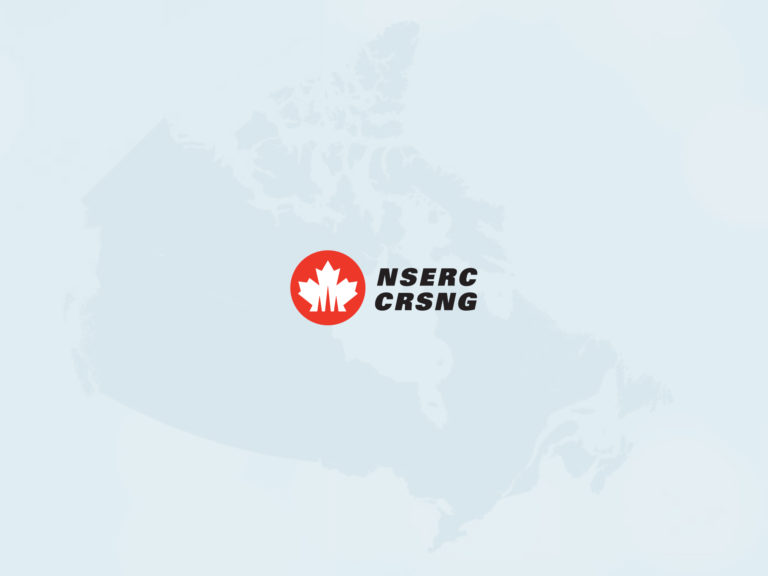
High-level characterization of the effects of de-icing salts on polymer composite insulator shed hydrophobicity and monomer leakage
High-level characterization of de-icing salts on polymer composite insulator Award Summary: To evaluate the long-term effects of corrosive conditions (particularly the use of de-icing salts) on the hydrophobicity of silicone used on polymer composite electrical insulators. Used a variety of analytical methods to better understand the effects of simulated ageing on polymer samples. These methods…

